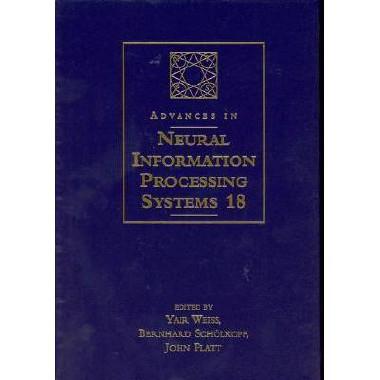Climate change is one of the most pressing challenges of our time, requiring rapid action across society. As artificial intelligence tools (AI) are rapidly deployed, it is therefore crucial to understand how they will impact climate action. On the one hand, AI can support applications in climate change mitigation (reducing or preventing greenhouse gas emissions), adaptation (preparing for the effects of a changing climate), and climate science. These applications have implications in areas ranging as widely as energy, agriculture, and finance. At the same time, AI is used in many ways that hinder climate action (e.g., by accelerating the use of greenhouse gas-emitting fossil fuels). In addition, AI technologies have a carbon and energy footprint themselves. This symposium brought together participants from across academia, industry, government, and civil society to explore these intersections of AI with climate change, as well as how each of these sectors can contribute to solutions.
翻译:气候变化是我们时代最紧迫的挑战之一,需要全社会迅速采取行动。因此,随着人工智能工具(AI)的迅速部署,了解它们如何影响气候行动至关重要。一方面,AI可以支持减缓气候变化(减少或防止温室气体排放)、适应(防备气候变化的影响)和气候科学方面的应用。这些应用在能源、农业和金融等广泛领域都有影响。与此同时,AI被用于许多阻碍气候行动的方式(例如加快使用温室气体排放化石燃料 ) 。此外,AI技术本身也有碳和能源足迹。 此次研讨会汇集了来自学术界、工业界、政府和民间社会的与会者,探讨AI与气候变化的这些交叉点,以及这些部门如何为解决方案做出贡献。



